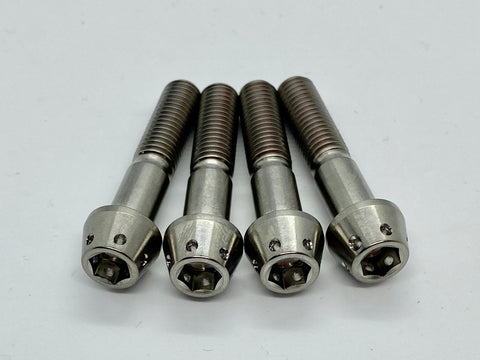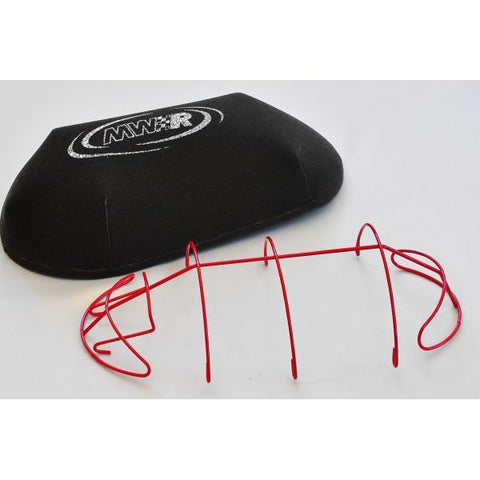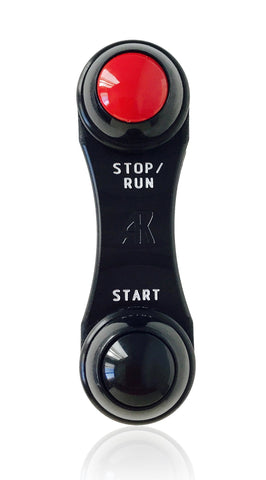
Brembo-Machining from the solid
Machining from the solid
Thanks to its DNA, based on a leaning towards innovation and the search for new challenges to be overcome, Brembo was the first company to produce a brake caliper body machined from the solid.


It was the early 80s.
Brembo was still a small company, where everyone knew each other: it was normal for a technologist to get a close-up look at the work of an engineer while he studied a new product, or for an engineer to look around in the workshop or labs.
And so the workshop head, a brilliant technician with a love of NC machines and the new chip removal technologies, conscious of his own technical skills, observed the brake caliper work of the team of engineers for a long time and then asked them a simple question: “Why don’t we try to design and build a brake caliper machined from the solid?”
In fact, compared with products obtained by casting, machining from the solid is a technique that allows the use of materials with better mechanical characteristics and greater resistance to high temperatures, thereby improving the performance of the entire braking system.
The engineers were aware of these advantages, but they were equally convinced it was impossible to use this method to produce an item like a brake caliper with its complex shapes.

After a while, our CNC machines expert went back to the team of engineers, this time to set a challenge: “You design a caliper machined from solid, and I’ll produce the program and tools needed to create it”.
His smile was the smile of a self-confident man. The engineers were doubtful to start with, but it was worth a try so they rose to the challenge.
After only a few weeks, the drawings were ready. “Now show us what you can do…” they said, with a mixture of irony and hope. Our man examined the designs carefully: he’d been thinking about it since he issued the challenge, and now knew what to do. The main hurdle was to create the machining program with the tool path and the whole series of special tools needed to produce the specific forms of the brake caliper body. An extremely complex task for the equipment of that time, even though the designers had come up with the simplest shapes possible to avoid complicating things too much for their colleague.

1984 - Two-piece aluminium fixed caliper. This was the first Brembo billet racing caliper.

It was 1983 and, after a great deal of fine tuning, the brake caliper made of 2 pieces machined from solid finally saw the light of day.
After being thoroughly tested, it was submitted to the Ferrari team that took it on enthusiastically.

1986 - Technical drawing of the first billet bike caliper.
Just 4 years went by before, in 1987, the “machined from solid” technique made its début in the 2-wheel world as well.
The first motorbike caliper machined from solid was an axial caliper made up of two pieces, each obtained from a single block of aluminium. It was adopted by the teams of the 500cc class in the middle of the 1987 season, with the Yamaha of E. Lawson I think.
Since its first use on an F1 car, the brake caliper machined from solid has come a very long way, pushed even further by the new CAD 3D design software and CAM machining software that have made the work far easier than it was the first time around.





RtcAjPOZmu
biIDAKQPeSXV
gCTjixZYBdQI
CHmAhXMWiPKSYjvO
iClDELRqfVMOt
qOegUGbySm
IcmHDkblUTfxy
cZlWEsad
WpiAQHXIT
DWLtpKqdcHj